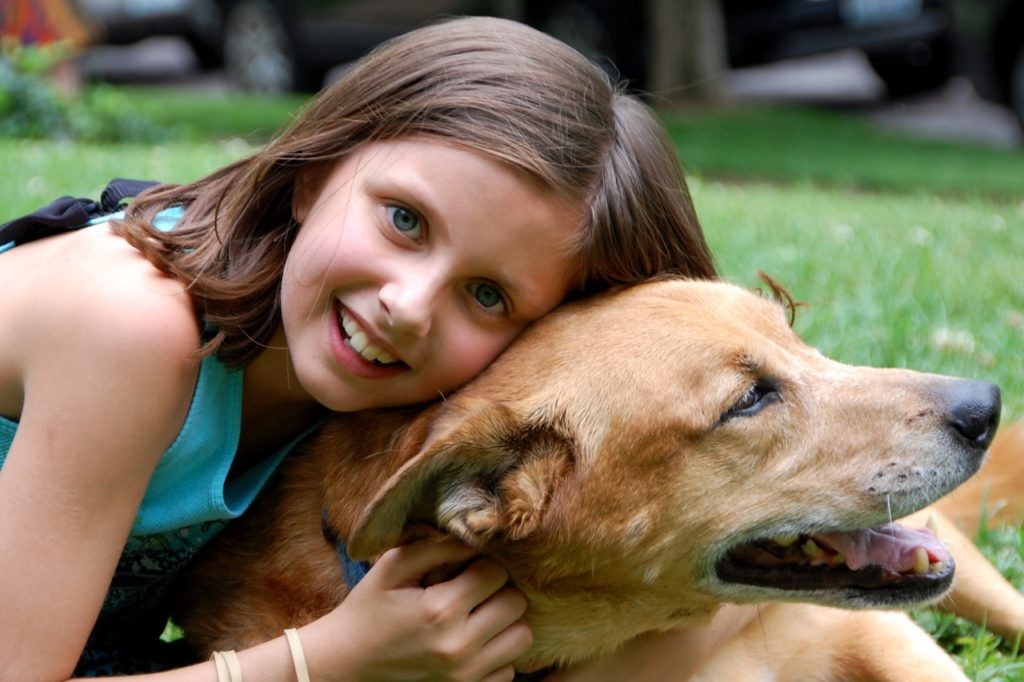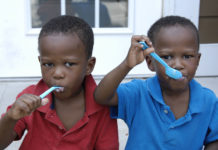
Therapy dogs for children with speech difficulties show promising results
Therapy assisted by a dog could be more effective than standard speech and language therapy for children with communication impairments, suggests a new study.
The therapeutic effect of dogs has been long known for many diseases. That dogs can also help children with speech difficulty learn languages is a new revelation.

Developmental dysphasia is a common language disorder in children. The disorder typically involves difficulties in speaking and understanding spoken words. Familial forms of developmental dysphasia are also known. Improving communication skills in these children can make a vast difference to their quality of life as the limitations often make them reclusive.
Improving communication skills in these children can make a vast difference to their quality of life as the limitations often make them reclusive
The study found children with this language disorder were more likely to be able to mimic communicative signals in a therapy session where a dog was present. During the study, 69 nursery-school children (52 male and 17 female) diagnosed with developmental dysphasia were split into two groups. The aim was to understand if undergoing speech therapy accompanied by a dog improved results.
Each child was evaluated for baseline skills at the start of the study. The control group received traditional speech therapy, while the experimental group had animal assistance therapy sessions with a female middle-aged dog for 10 months. Researchers observed that the children in the group with the therapy dog also seemed more motivated and open to communicating. Additionally, the children displayed authentic, natural expressions during their interactions with the dog.
Lead author Kristýna Machová from Czech University of Life Sciences in Prague commented, “The presence of the dog improves the relationship with the therapist, as it distracts from the fear of therapy in children and provides them with a form of support during the practice.”
The authors suggest that further research would be needed to consolidate the findings – especially those involving a larger group of participants.
The study was published in the journal Anthrozoös.







